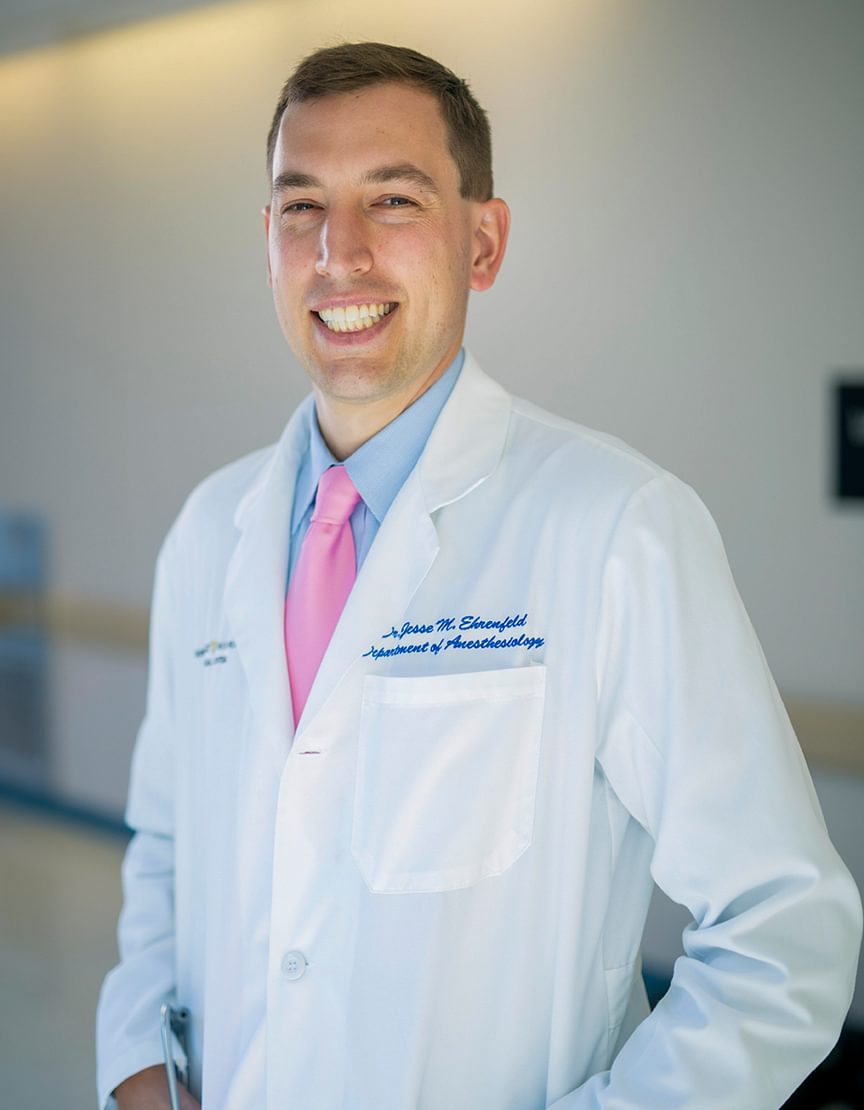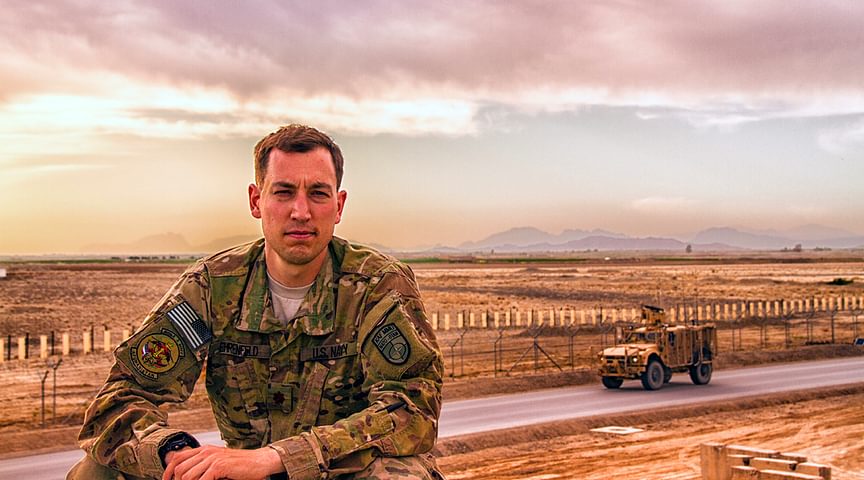
June 28, 2021
Improving health care & advancing equity
Alumnus credits Andover with helping to provide him with the confidence needed to stand up for othersby Jesse Ehrenfeld ’96, MD, MPH
I took an early interest in science and medicine. Both of my parents are health professionals—my mom a neuropsychologist and my father a dentist. While I knew I wanted to become a physician early in life—a way to give back and serve those in my community—what I didn’t know was where this path would take me.
Today, my career has grown beyond what I could have imagined back then—an idea that probably centered around the typical white coat-wearing doctor in a clinic room. Though scrubs remain a part of my wardrobe and a regular schedule of patients and operating room times are high priorities on my calendar, my days now also include discussions on philanthropic strategy, understanding the needs of our communities, and identifying levers for advocacy.
I can trace this back to my days at Andover, where I developed a deep sense of responsibility to give back. During my senior year, I recognized that along with the privilege of attending Andover came a clear duty to use the skills, connections, and opportunities I had benefited from to in some way advance humanity. These experiences have shaped my life and my career, which has taken me from Harvard Medical School to Vanderbilt University, and now to the Medical College of Wisconsin, the third largest private medical school in the nation, where I lead a $525 million statewide health philanthropy.
My experiences at Andover were foundational in building my confidence, skills, and vision for what lay ahead—even though the path itself was unpredictable.
Since graduating from Andover, I’ve led research funded by the National Institutes of Health, Department of Defense, and Robert Wood Johnson Foundation. I have developed programs including the Massachusetts Committee on LGBT Health and the Vanderbilt Program for LGBTQ Health that are making a real difference in people’s lives.
I also became the first openly gay member of the American Medical Association’s esteemed board of trustees, before leading the association as the chair of the AMA Board. And I served in the military as a U.S. Navy commander, where I deployed around the world, including assignments in Afghanistan, where I treated servicemembers wounded in combat. It was there, in Afghanistan, that I took a small step that ended up sparking national change.
During my deployment, Secretary of Defense Ashton Carter visited for a town hall meeting with the troops. I had never been in a room with such a high-ranking leader before. After a few opening remarks, he asked if there were any questions. I could not help myself. I made my way to the microphone in front of a hangar full of soldiers and, with the traveling press corps watching, I asked, “What are your thoughts on transgender service members serving in an austere environment like this, here in Kandahar?”
At the time, there were an estimated 15,000 transgender people in the military. They could put their lives on the line to protect our nation, but they could not live their full lives and come out as transgender because of a longstanding ban. Until I asked my question, Carter had not publicly stated where he stood on the issue.

“I don’t think anything but their suitability for service should preclude them [from serving],” he said.
To stand up and ask the question was uncomfortable, yet it was the right thing to do. The secretary’s response was the most favorable from a senior U.S. military official to date. Within hours, it was reported by news outlets all over the world, and by the next afternoon the White House added its support.
A year later, in 2016, the ban was repealed. When Secretary Carter announced the repeal of the ban on transgender service at the Pentagon, my question was described as “the spark that led to the end of the ban on transgender service” by Secretary of the Army Eric Fanning. And it has led me to continue my advocacy in the media, being a part of a team that earned an Emmy nomination for a documentary called Transgender at War and in Love, in front of Congress, and regularly in front of medical students, faculty, and community leaders.
I never thought I would become an “advocate” in the broad sense of the word. I had always associated it with marching in the streets or holding protest signs. But today, I’ve found that advocacy is so much more.
It means standing up for what is right, sometimes even in the smallest of ways. It means remaining steadfast in my conviction that being a voice for those who don’t have power—those who are marginalized, underserved, and stigmatized—is one of the most important things I can do with my experience, privilege, and position.
Dr. Jesse M. Ehrenfeld ’96 is a senior associate dean and director of the Advancing a Healthier Wisconsin Endowment at the Medical College of Wisconsin as well as a clinical anesthesiologist, American Medical Association trustee, and leading voice on LGBTQ health issues and the work to advance health equity. He lives in Milwaukee with his husband, Judd, son, Ethan, and dogs Ira and Sam.





